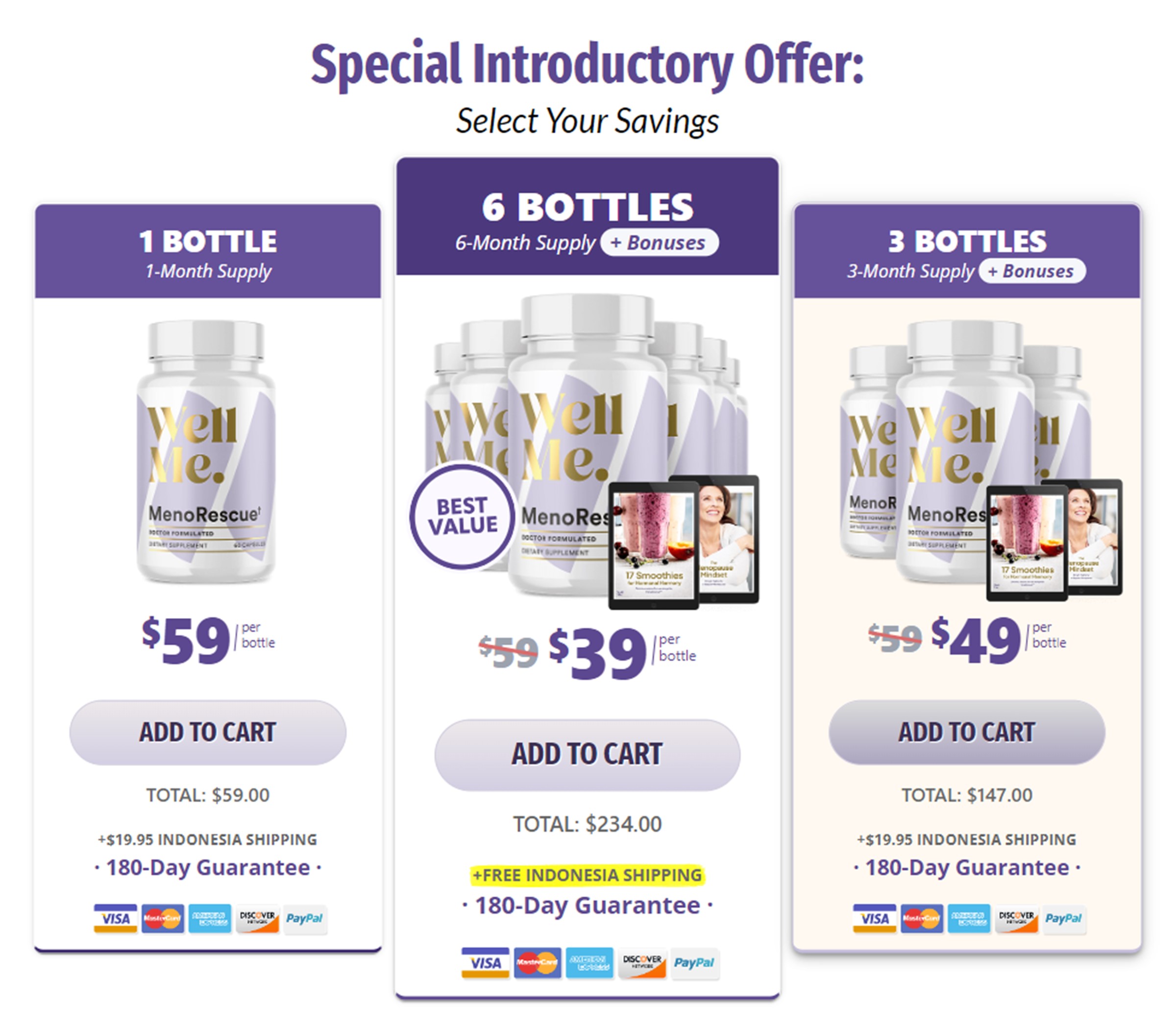How to Boost Your Metabolism
Boosting metabolism is the holy grail of weight watchers everywhere, but how fast your body burns calories depends on several things. Some people inherit a speedy metabolism.Men tend to burn more calories than women, even while resting. And for most people, metabolism slows steadily after age 40. Although you can't control your age, gender, or genetics, there are other ways to improve your metabolism.
Your body constantly burns calories, even when you're doing nothing. This resting metabolic rate is much higher in people with more muscle. Every pound of muscle uses about 6 calories a day just to sustain itself, while each pound of fat burns only 2 calories daily. That small difference can add up over time. After a session of strength training, muscles are activated all over your body, raising your average daily metabolic rate.
Aerobic exercise may not build big muscles, but it can rev up your metabolism in the hours after a workout. The key is to push yourself. High-intensity exercise delivers a bigger, longer rise in resting metabolic rate than low- or moderate-intensity workouts. To get the benefits, try a more intense class at the gym or include short bursts of jogging during your regular walk.
Your body needs water to process calories. If you are even mildly dehydrated, your metabolism may slow down. In one study, adults who drank eight or more glasses of water a day burned more calories than those who drank four. To stay hydrated, drink a glass of water or other unsweetened beverage before every meal and snack. Also, snack on fresh fruits and vegetables, which naturally contain water, rather than pretzels or chips.
Some ingredients in energy drinks can give your metabolism a boost. They're full of caffeine, which increases the amount of energy your body uses. They sometimes have taurine, an amino acid. Taurine can speed up your metabolism and may help burn fat.
But using these drinks can cause problems like high blood pressure, anxiety, and sleep issues for some people. The American Academy of Pediatrics doesn't recommend them for kids and teens.



